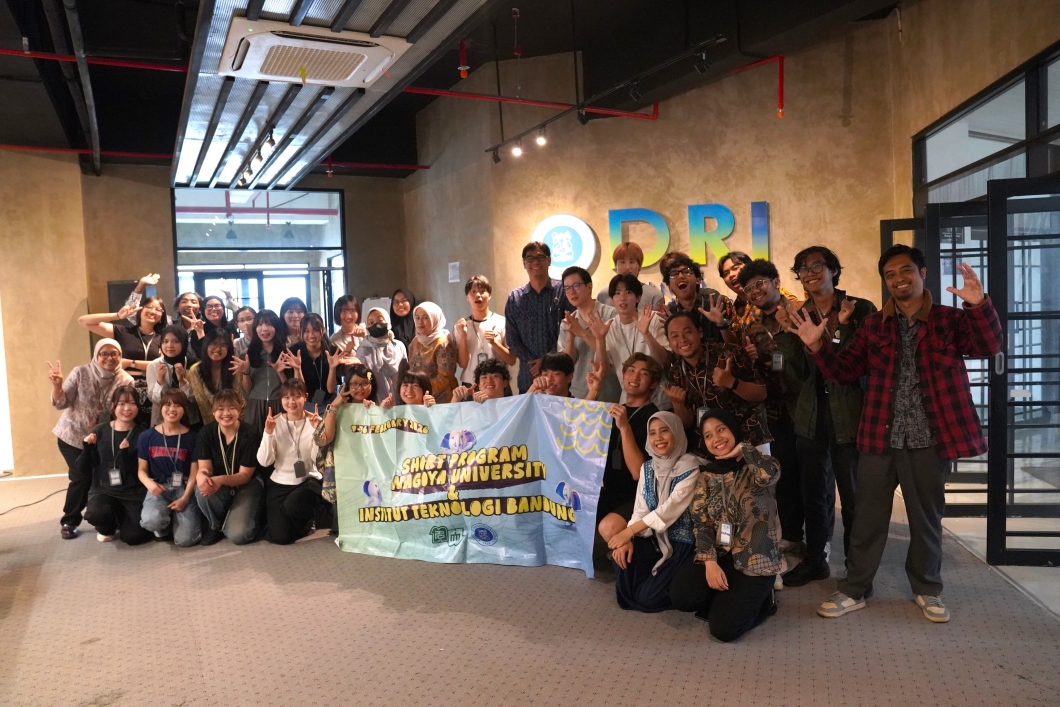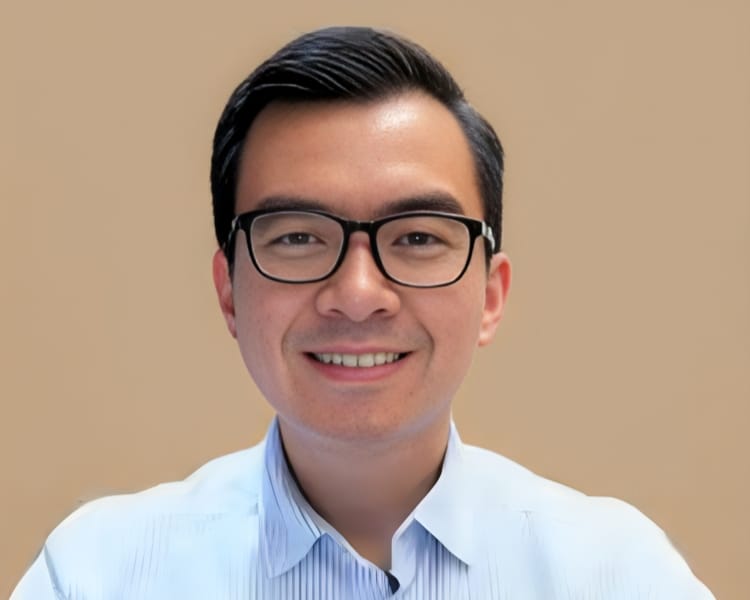SAPPD Webinar Discusses Renewable Energy Issues and Metaverse
By Adi Permana
Editor Adi Permana

BANDUNG, itb.ac.id—To welcome the ever improving era and technology, the Building Technology Research Group (KKTB) from the ITB Architecture Study Program continued with their webinar series. This webinar which is under the umbrella theme of “Sustainable Built Environment” was one of the ways SAPPK ITB took part in global growth and development.
The first hybrid KKTB webinar was presented with the theme “New Realities in Technology Development: Renewable Energy and the Metaverse” and will carry 4 main interconnected topics.
Conducted on Thursday, 28 July 2022, this seminar which lasted for 150 minutes was held in a hybrid manner in the 2nd Floor of Labtek IXB Architecture Building, ITB and via zoom too. This webinar was openly attended by students and lectures from various universities in Indonesia. Some of them were even from countries abroad, like Japan and Germany.
This event was opened with greetings and prayers from the Chair of the Building Technology Research Group, Prof. Dr. Ir. Sugeng Triyadi S., M.T.. He also briefly introduced the four speakers who were going to share their knowledge.
“It is hoped that through this discussion channel, we can disseminate the thoughts between the lecturers and the experts, both from within and outside SAPPD. This is also a discussion forum to tackle construction issues in both Indonesia and globally. Today is a special series since we also invited experts from the professional world,” said the SAPPD Dean in his speech.
Moderated by Dewi Larasari, S.T., M.T., Ph.D., a lecturer from the ITB Building Technology Research Group, each of the 4 topics will be presented by a different speaker. At the beginning of each presentation, Dewi will read a short curriculum vitae about the speaker who will share their presentation.
The first topic was brought by Dr. Ir. Yuli S. Indartono from FMAE ITB. Dr. Yuli is the ITB Chair of Institute for Research and Community Services and Head of Research Center for New and Renewable Energy. In his 20 minute presentation session, he delivered a presentation titled “Renewable Energy in Buildings”. During this session, he explained about the importance of using renewable energy in Indonesia and the strategies to lower CO2 emissions from the building sector.
The second session was presented by Chandra Asmara, S.T., M.M., from New Energy and Manufacture Pertamina Power Indonesia. The topic named “Energy Transition & Decarbonization Trends” discussed the strength of energy trends and the global industry in detail. According to him, Indonesia has a huge potential in the renewable energy industry, and it is just up to us (society, academics) to push and synergize this.
“Indonesia is targeted to be able to reach net zero transition in 2060, together with other various countries,” he explained.
“In addition to being available as a fulfillment of global targets and net worth benefits for users, renewable energy should be generated more, other than the fact that these facilities and trends generally require the industry to apply renewable energy at one stage of its production," he added in the question and answer session.
Next up, Fauzan Alfi A., S.T., M.T., from the Building Technology Research Group presented the long awaited topic from this series. He gave an informative presentation titled “Identifying the Metaverse for Construction Environment”. This young member of the Building Technology Research Group explained the role of the metaverse in the world of architecture and future planning. According to him, since it is still relatively new, the term ‘metaverse’ is still synonymous with many things. However, the metaverse in a nutshell means the internet itself.
“Ironically, this pandemic situation allows the metaverse to be possible. People are looking for ways to communicate with other people without having to meet face to face,” he expressed in the beginning of his presentation.
The last session was brought by ITB Doctoral Program in Architecture student Anjar Primasetra, S.T., M.T., who shared a bit of his research results. The presentation was titled “BIM and Affordable Apartment Housing”. He explained the 3 main keys of his research, of environmental degradation due to the construction industry, the construction of large-scale low-cost apartments and the disruption of information technology in the construction industry.
“Indonesia contributes to the largest emissions, mainly in the construction industry. BIM (Building Information Modeling) assists architects and planners calculate the emission values of buildings, long before when it is still in the pre-design stage. This will surely help since we can try and vary design models to achieve the highest energy efficiency,” he stated.
Reporter: Madeline Abigail Lukito (Architecture, 2020)
Translator: Hanna Daniela Ayu (Aerospace Engineering, 2021)




.jpg)
.jpg)

